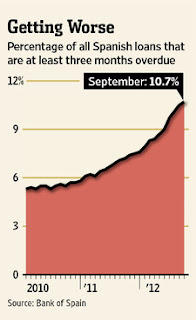In his commentary on the loss of trust in business,
government and society, Michael Wolff laments to decline of trust through what
he calls “consumer history.” As trust can be maintained with little or no
further cost once established, Wolff is perplexed as to why more business
practitioners, politicians and even religious functionaries do not rush to fill
the gap.
The full essay has been incorporated into (or swallowed up by) On the Arrogance of False Entitlement: A Nietzschean Critique of Business Ethics and Management, available in print and as an ebook at Amazon.











